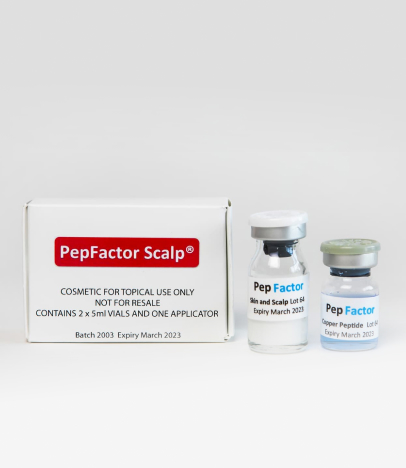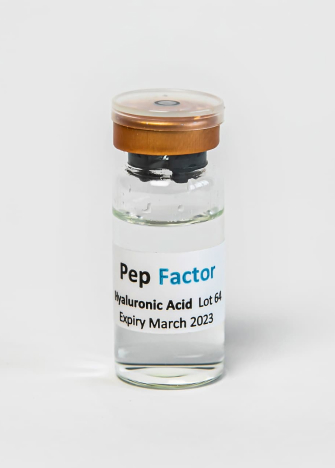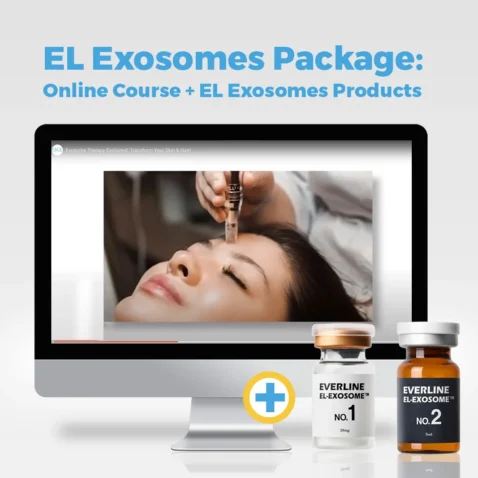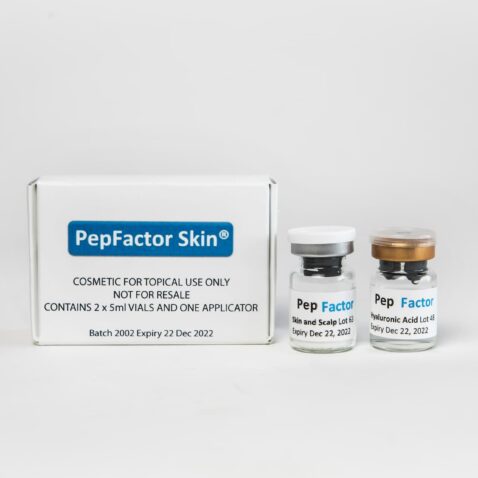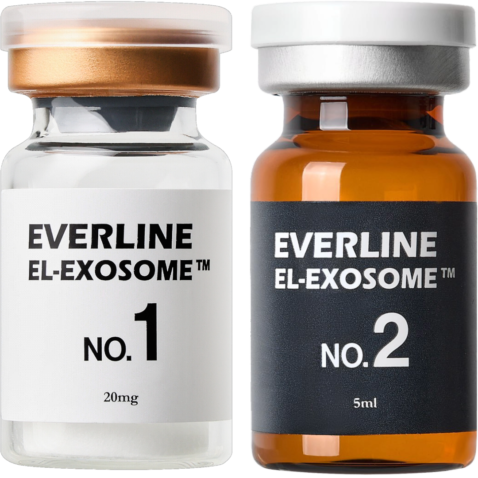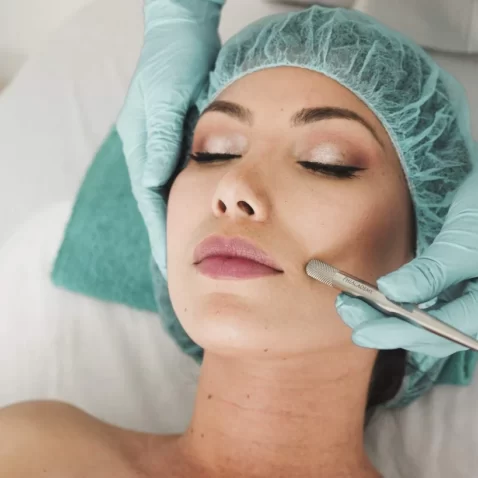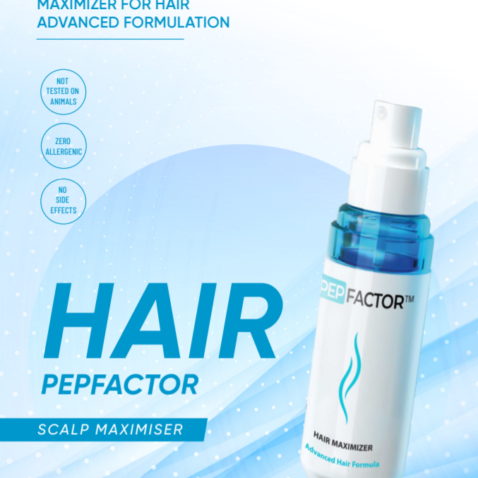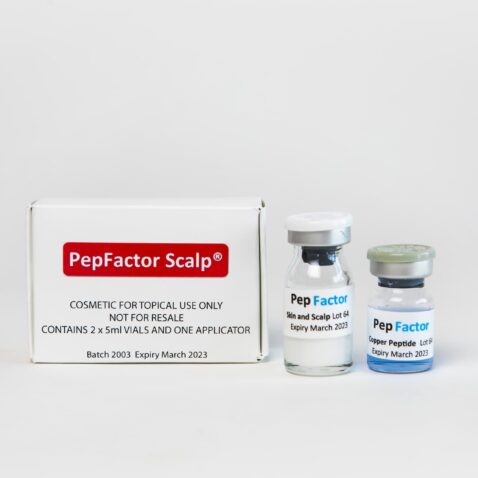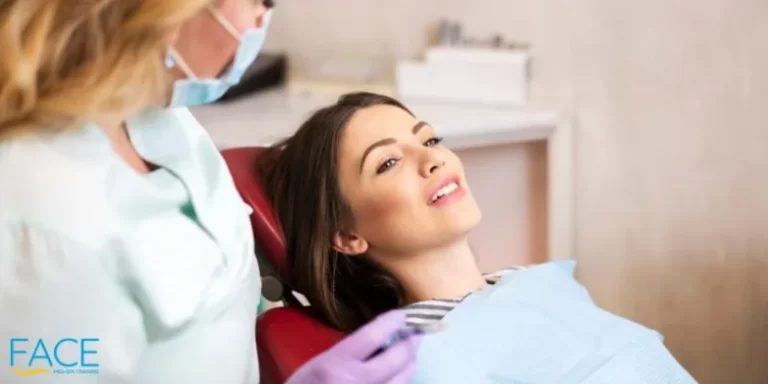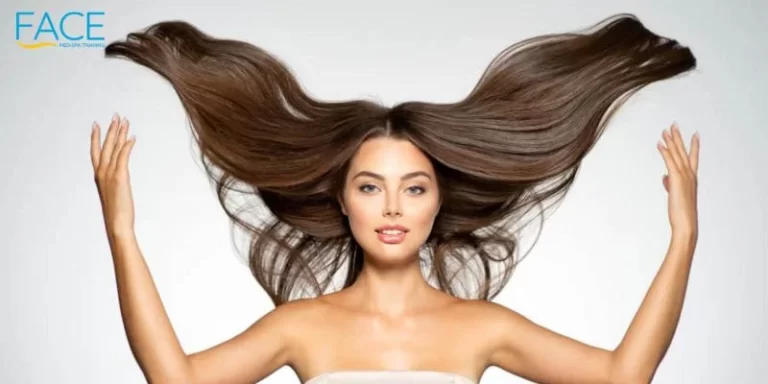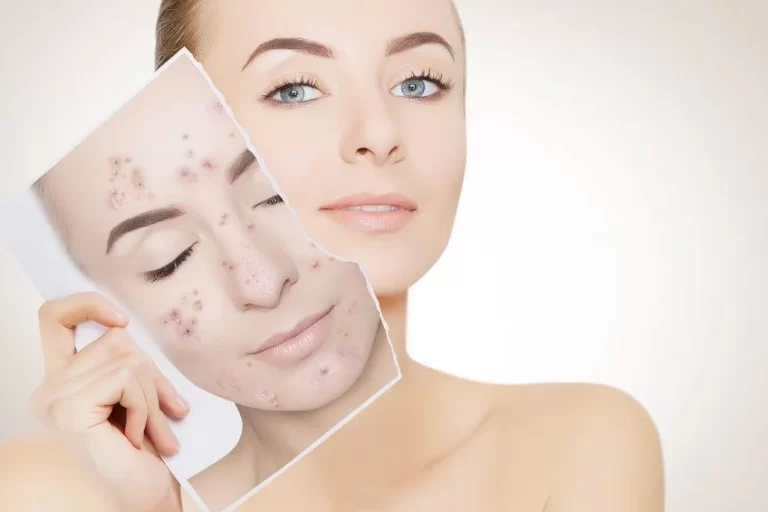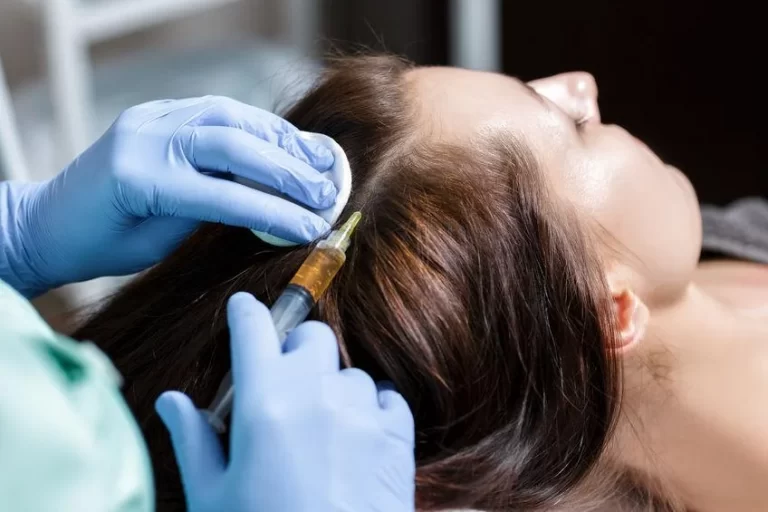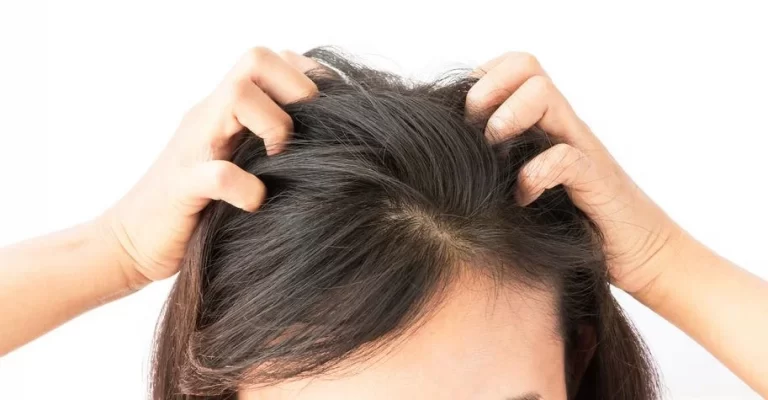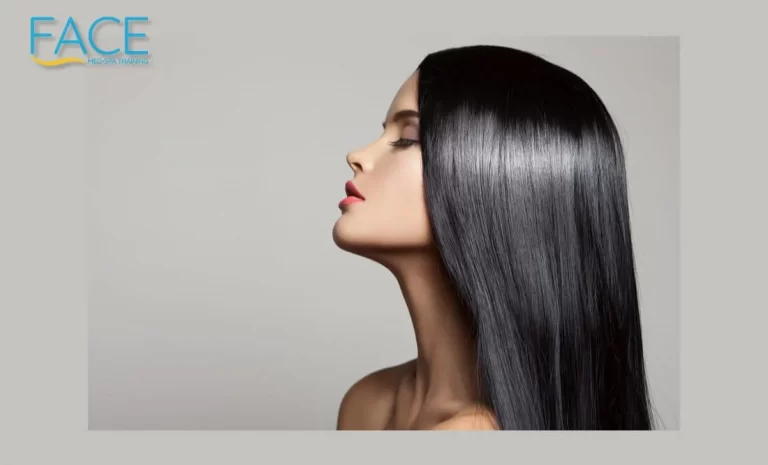Hair loss is a condition linked to various causes, including stress and genetics. One of the most common causes of hair loss is malnutrition, when the human body isn’t getting the vitamins, minerals, and nutrients it needs to function properly.
So can hair grow back after a period of malnutrition? The answer is yes. Diet-related hair loss can be recovered as long as the patient resumes a proper diet, keeps themselves stress free, and maintains a healthy scalp environment. However, it may take some time depending on your age, genetic makeup, and other factors.
Why Malnutrition Can Cause Hair Loss
Hair loss is typically inherited as a condition called androgenetic alopecia. In less common cases, non-genetic factors may cause hair loss as well. Underlying medical conditions like diabetes, lupus, anemia, or thyroid disease may thin out hair. Female patients may also blame low estrogen levels too, which is why temporary hair loss occurs after giving birth or during menopause.
Another common cause of hair loss is a dietary factor: crash diets, lack of protein, unhealthy eating, sudden weight loss, or eating disorders. In cases like this, hair loss happens due to nutritionally insufficiency; your body is signalling a problem.
On average, a healthy person may shed 50 – 100 hairs per day but a malnourished patient may observe their hair thinning and the hair-shedding process accelerating. Aside from shedding, the hair also grows weak and brittle while the skin goes dry. According to biology, these are the symptoms of protein deficiency.
As the protein stores of the body are depleted due to improper nourishment, the body has to take care of essential organs and muscle tissues first. And because hair is made up of proteins, your follicles will suffer because the body is reallocating its remaining protein supply to support life-sustaining organs. Aside from hair loss, you may also observe symptoms like:
- Frequent colds
- Poor immunity
- Fatigue
- Dehydration
- Lightheadedness
- Poor recovery from anemia or workouts
- Significant weight loss
Eating properly is essential to staying healthy because your body relies on a constant source of calories to meet its basic needs. Strict weight loss diets can cause severe hair loss in three months after losing 15 pounds or more of your weight. Generally unhealthy diets also don’t provide the right nutrients for the body and contribute to poor hair health, while excessive intake of stimulants such as cigarettes, caffeine, and alcohol leech vital nutrients from the body.
The hair growth process is closely tied to hormone levels and specific nutrients, so much so that malnutrition and weight loss upsets the balance of multiple body systems and prevents hair from growing normally:
- Insufficient protein can damage healthy hair and prevent the body from building new follicles. As the body’s building blocks, protein and amino acids are key to maintaining hair health.
- Low levels of iron and zinc, as in the case of anemia patients, may turn healthy hair follicles “off”. Iron and zinc support the red blood cells carrying oxygen through the bloodstream. Low levels of both minerals may slow down hair growth and increase shedding because blood is responsible for nourishing hair follicles.
- Vitamins C, D, and E all help maintain hair and scalp health. Vitamins C & E are antioxidants that prevent free radical damage on hair follicles while vitamin D deficiency is closely linked to hair loss and the development of alopecia.
- Omega-3 and Omega-6, two essential fatty acids and blood thinners, can prevent hair breakage and make hair look glossy. They are also necessary for repairing cells and constructing new membranes.
- Biotin, a B-complex vitamin, may also be linked to keratin production and can make hair grow stronger.
Fortunately, the effects of malnutrition on your hair are reversible as long as you regain nutritional stability for 6 months or more. Once the deficiencies are corrected, your hair will grow back — although it may take some time.
High dose vitamins, supplements, and dietary modifications can balance nutrient levels. If malnutrition was caused by an eating disorder, therapy and behavior modification should also be implemented to ensure the patient’s long-term health and well-being.
How You Can Regrow Thin Hair After Malnutrition
As alopecia and hair thinning have a negative effect on self-esteem, science continues to look for solutions to hair loss and similar problems. If you experienced hair loss due to malnutrition, you can make an appointment with your doctor or dermatologist to discuss possible treatment options.
Male and female pattern baldness, for example, can be treated using a hair-regrowth drug like finasteride or minoxidil for cosmetic reasons. Surgical options like a hair transplant are also available but can be much more expensive.
If the main cause of hair loss and thinning is malnutrition, however, a healthy hair diet is your best bet. Studies have found that deficiencies in nutrients like iron, zinc, and biotin due to eating disorders, starvation, or malnutrition are closely related to hair loss or thin, brittle hair. As hair is made of the keratin protein, a diet with sufficient levels of protein is also essential to keep hair healthy and strong.
In order to strengthen new hair follicles and prevent further hair loss, a nutritionist can work with you to devise a healthy hair diet plan that includes certain foods to encourage regrowth. Expect a hair-focused meal plan to include:
| Eggs | Eggs are one of the best sources for protein and B-vitamins. The protein and iron improve the infrastructure of the keratin protein that builds up hair, speeding up growth rate and strengthening hair strands. The B-vitamins like biotin, a B-complex, also serves to keep hair shiny. |
| Chicken | While other red and lean meats contain plenty of proteins, chicken also has high levels of iron, zinc, and B-vitamins. In particular, zinc deficiency is linked to a reduction of hair thickness.
Chicken has high levels of protein, iron, zinc, and B-vitamins. Other red and lean meat |
| Dairy products | Dairy products like milk, cheese, and yogurt are rich in both protein and calcium, which are essential nutrients for boosting hair growth and thickness. For adults, consuming 2 – 3 portions of dairy per day is recommended. |
| Oily fish and shellfish | Oily fish such as herring, trout, salmon, sardines, and mackerel are packed with protein and good omega-3 fats. These nutrients prevent breakage, reduce scalp dryness, and give hair a shine. Including at least two portions of oily fish in your weekly diet can help with hair growth. Shellfish like oysters are rich in zinc, a mineral necessary for hair growth, so you should consume this as well. |
| Nuts, beans, and lentils | Almonds, walnuts, and brazil nuts are some of the nuts which can offer nutritional benefits like zinc, protein, and omega-3 fatty acids. Beans and lentils are equally rich in protein, zinc, and biotin. |
| Nutrient-rich fruits and vegetables | Fruits and vegetables contain vitamins and minerals that play a big role in keeping your scalp and hair follicles healthy. Vitamin A, vitamin C, and biotin can support the tiny blood vessels feeding the hair follicles and keep the oils of the scalp circulating. Be sure to include plenty of carrots, sweet potatoes, kale, spinach, broccoli, Swiss chard, peppers, kiwi, and citrus fruits in your healthy hair diet. |
Biotin and Collagen Supplements To Support Hair Regrowth
For malnourished patients, recovering through diet may not be enough to restore hair to its original thickness. Collagen and biotin supplements can greatly support hair regrowth and improve hair quality.
Biotin
Depending on where you’re from, biotin is known as vitamin B7 or vitamin H. It is a water-soluble B-complex vitamin found in our bodies that turns fats, carbs, and proteins into energy. For most people, we get our supply of biotin from common foods like nuts, meat, eggs, and fish so the chances of being deficient in biotin are low.
However, if you haven’t been eating enough of these foods, you may be suffering from biotin deficiency which causes thin hair and brittle nails. There is a good chance your doctor or dermatologist may prescribe multivitamins with biotin in it to help your hair grow strong and healthy again.
It’s important to note that biotin deficient patients may need to wait a few months to see significant improvements. Excessive biotin consumption may also cause acne breakouts and alter the accuracy of certain lab tests, so patients should consult with their doctor first.
Collagen
Collagen is a popular ingredient for many skin care products but it is also essential to hair growth. Collagen is the most abundant protein in the human body and is often thought to be the “glue” that holds everything together. As we age, our natural collagen production slows down which is why our hair thins and our skin loses its elasticity.
A poor diet may also lead to collagen loss for the scalp, which holds the hair follicles, because the collagen is used to maintain the body’s tissues instead. And even though your body can produce 11 nonessential amino acids on its own, you have to take in 9 essential amino acids through your diet to build proteins like collagen. You will also need plenty of vitamin C to help synthesize collagen because our bodies cannot absorb it in its raw form.
If you want to increase your collagen intake, you will need to find supplements with collagen peptides. Collagen peptides are bioactive collagen compounds that have already been broken down so your body can immediately reap collagen’s benefits. Many supplements can be found in powder, tablet, or chewable form so you can incorporate them easily into your daily habits.
Tips to Keep Your Hair Healthy
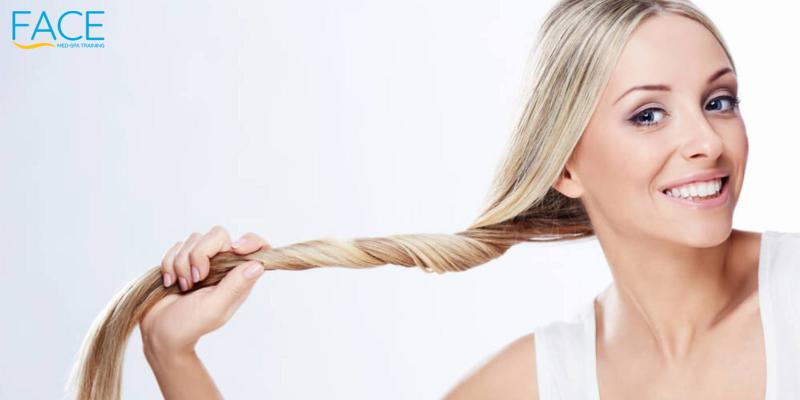
While we don’t have control over our genes and only a limited control over the medical conditions we develop over time, we do have control over our lifestyles. Aside from a healthy diet, making lifestyle changes and incorporating good habits in your daily routine can help hair regrow well. Here are some tips for regrowing stronger, shinier hair:
1. Take vitamin supplements.
Supplements designed to boost hair growth can help you but even ordinary multivitamins can do wonders for your hair, especially if your body lacks iron or zinc. Adult patients should also take at least 40 mg of vitamin C daily and more if you are stressed, smoking, or undergoing intense training. Of course, it’s best to consult with a doctor prior to taking supplements as a high daily dose can lead to negative side effects.
2. Manage your stress.
In a phenomenon called telogen effluvium, psychosocial stress or shock can cause severe hair loss as your hair goes into its resting phase and falls out all at once. Telogen effluvium is typically experienced by females after giving birth or undergoing a major surgical procedure. In order to prevent this condition, practice stress management techniques like regular exercise or mediation.
3. Treat your hair gently.
As your hair grows back, it is important not to strain it too much. This means no rough combing, vigorous towel-drying, and no brushing when hair is wet or weak. For female patients, it is good to avoid skipping styles that pull like updos or tight ponytails. Over-styling and daily blowouts can also irritate your scalp as well.
4. Massage your scalp regularly.
Massaging your scalp can stimulate the follicles and improve hair thickness while relieving stress and tension. Essential oils like rosemary, thyme, lavender, and peppermint have been found to increase hair growth for alopecia patients while coconut oil can help promote hair health and luster. Some patients also opt to use pure aloe vera gel for treating thin hair and moisturizing the scalp.
PEP Factor for Scalp Rejuvenation
The FACE Med Store offers the PEP Factor topical solution for scalp rejuvenation. As a blend of nutrients and peptides, PEP Factor can promote the appearance of a healthy scalp. For more inquiries on this product, contact the FACE Med Store today.
Read more: Do You Need To Aspirate When Using A Cannula?

